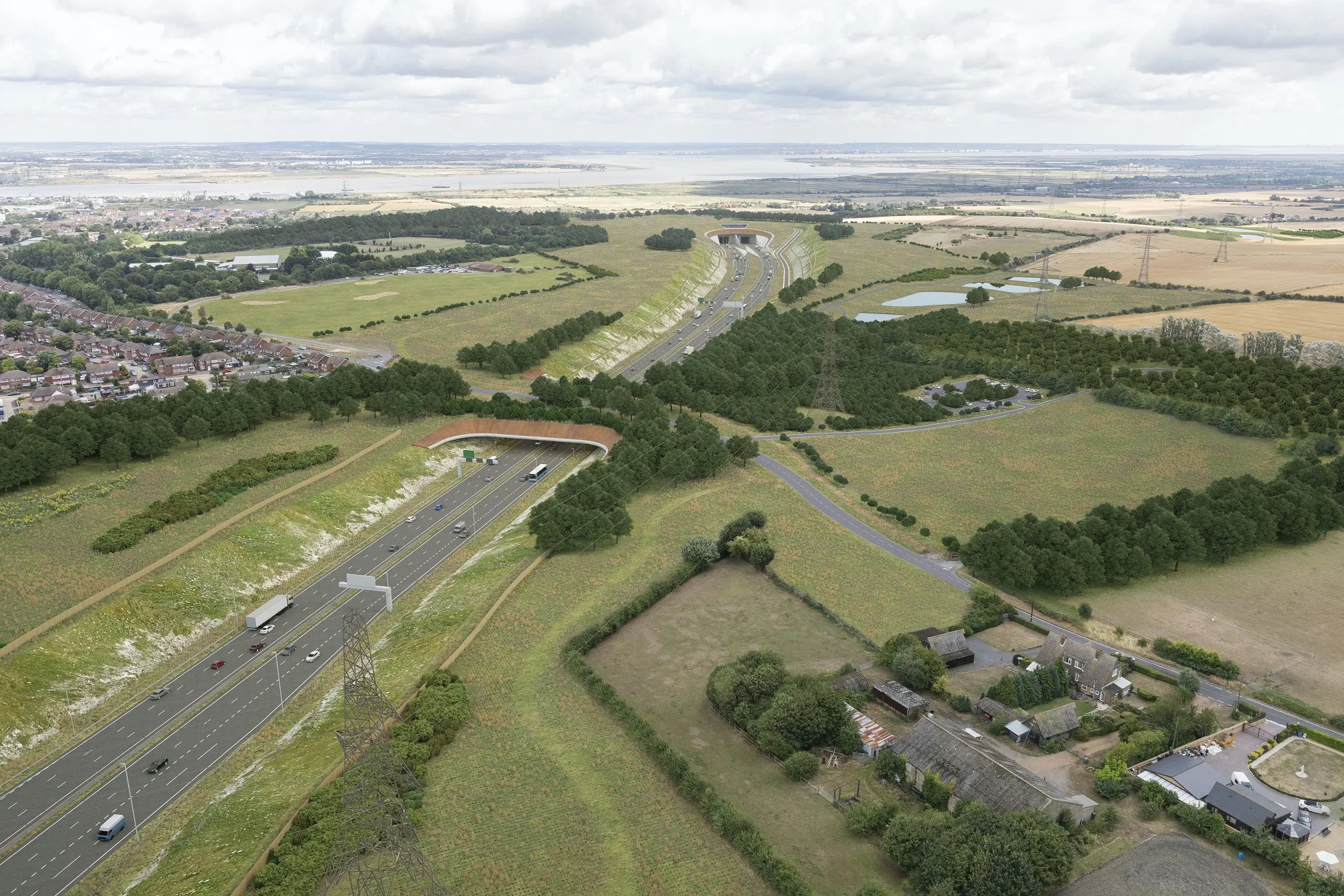
The UK government has abandoned the building of any new smart motorways.
This is "due to financial pressures and lack of confidence felt by drivers", a statement from the UK Department for Transport (DfT) says.
Concerns have been raised over the safety of these highways, whose frequent all-lane running (ALR) means what would normally be the hard shoulder is used for live traffic to cope with increased demand.
Cameras and sensors were supposed to alert motorists to an incident, such as a broken-down car, in this inside lane - although some of the technology has not worked well enough or, on some sections, does not seem to be in use at all.
Gaps between safe 'refuge areas' can be as much as 1.6 miles on the smart motorway network - despite the government acknowledging in 2021 that they should be around half that distance from one another.
A coroner recorded a verdict of unlawful killing after the deaths of two men hit on England's M1 in June 2019, and the government 'paused' the roll-out of smart motorways a year ago to gather more data on safety.
But it is not just about driver confidence in safety - cost is also a factor in the decision.
"Initial estimations suggest constructing future smart motorway schemes would have cost more than £1 billion and cancelling these schemes will allow more time to track public confidence in smart motorways over a longer period," the DfT says.
Three smart motorways due for construction in the Road Investment Strategy (2025-30), as well as the 11 previously paused schemes, will now not go ahead.
But the M56 J6-8 and M6 J21a-26 will be completed, "given they are already over three-quarters constructed".
A previous pledge to invest £900m to improve safety on existing ALR motorways is still in place, including £390m of new money for 150 extra emergency areas - around a 50% increase in places to stop by 2025.
UK prime minister Rishi Sunak said: "All drivers deserve to have confidence in the roads they use to get around the country. That’s why last year I pledged to stop the building of all new smart motorways, and today I’m making good on that promise."
Transport secretary Mark Harper said: "We want the public to know that this government is listening to their concerns."








